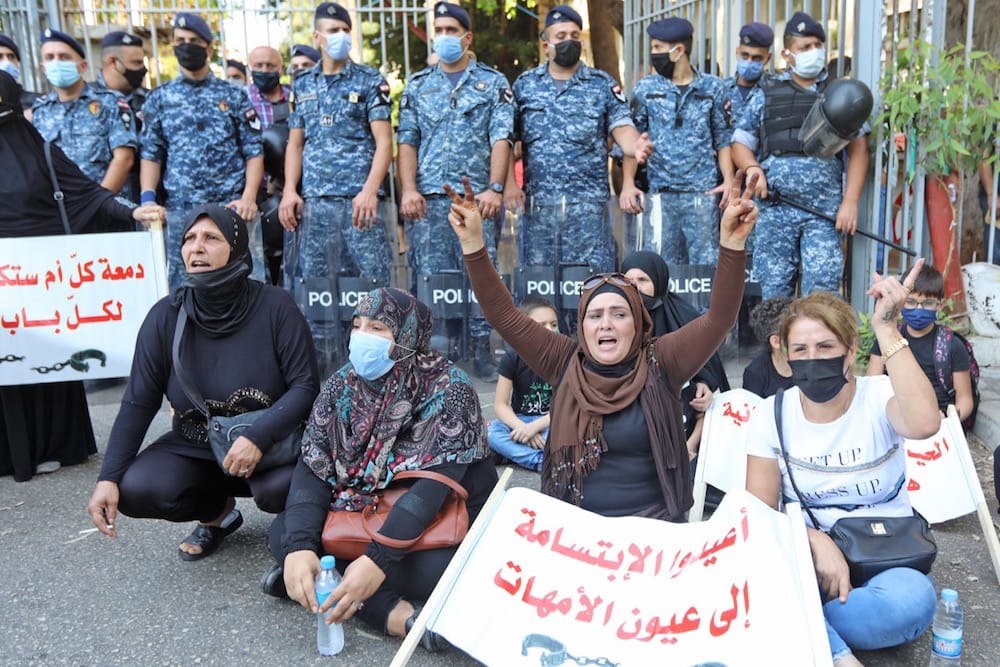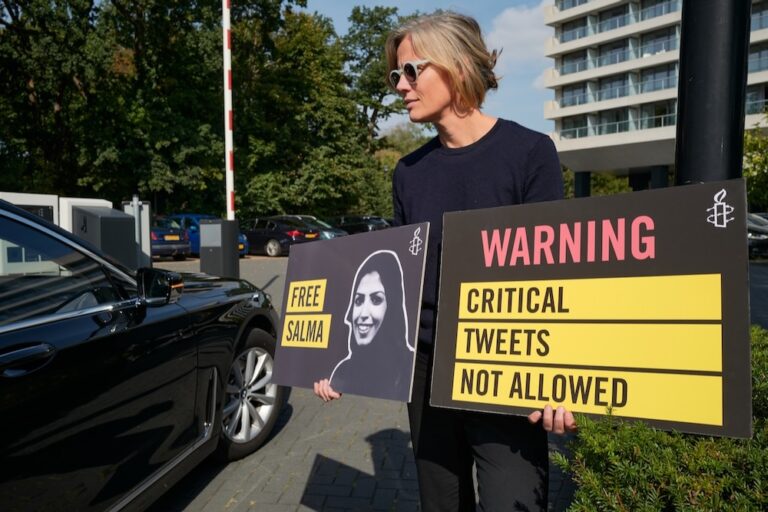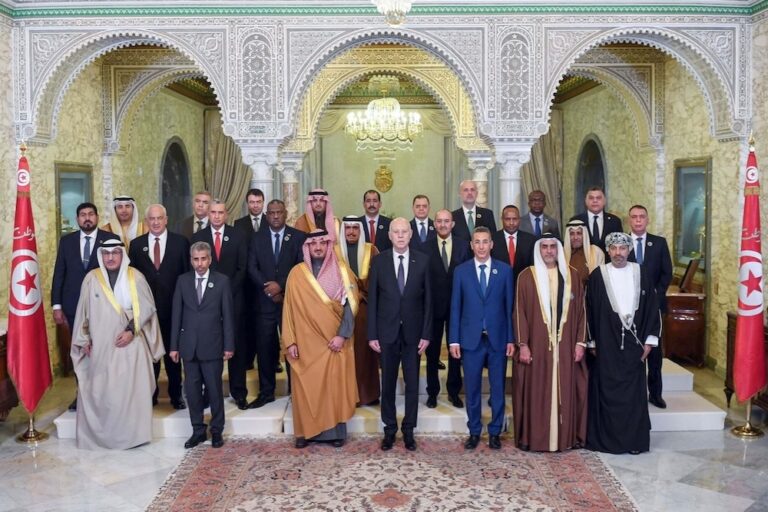The report features a summary of human rights violations in 12 countries and case updates on 557 human rights defenders across the Gulf and neighbouring countries.
This statement was originally published on gc4hr.org on 24 March 2021.
The Gulf Centre for Human Rights (GCHR) released its ninth annual report today on “Human Rights in the Gulf Region and Neighbouring Countries in the Face of Lockdowns and more Layers of Restrictions”. The report features a summary of human rights violations in 12 countries and case updates of 557 human rights defenders across the Gulf and neighbouring countries. Country summaries are complemented with an overview of human rights in the region in respect to digital rights, migrant workers’ rights, and the encoding of unjust criminalisation of human rights activism in legal systems. In this report, GCHR also presents an overview of its research, advocacy and capacity-building activities with its regional and international partners in 2020.
Despite the virality of coronavirus (SARS-Cov-2) and the severity of the disease it causes (COVID-19), governments in the Gulf and neighbouring countries did not prioritise the health and wellbeing of unjustly imprisoned defenders and others. From Iran to the United Arab Emirates, GCHR reported an alarming rise of individuals contracting COVID-19 in overcrowded, unhygienic prisons which are also under-equipped for adequate medical attention and care. And beyond prisons, sharing information, opinions or thoughts about COVID-19 were grounds for detention and even assassination when these contradicted official narratives, information, or accompanied with criticism of the government.
The pandemic did not deter citizens, defenders, and journalists from continuing to defend human rights and holding governments accountable for violations of their rights and rife corruption. In Lebanon, Jordan and Iraq, demonstrations by citizens demanding civil, political and economic reform were met with intense and violent crackdowns. The same tactics of intimidation to induce a chilling effect have been systematically used in 2020: targeting, assassination or assassination attempts, and torture in detention.
“The pandemic has exacerbated the risks and the threats human rights defenders face in the region. It was challenging but we were prepared to ensure the safety of human rights defenders. Although Nabeel Rajab, Narges Mohammadi, Nouf Abdulaziz and Loujain Al-Hathloul are no longer in prison, the fight still continues to rescind the restrictions on their human rights activism and their rights as well as others who remain unjustly imprisoned, targeted or unempowered,” says Khalid Ibrahim, Executive Director of GCHR, noting the few human rights defenders who were released from prison.
GCHR’s co-founder Abdul-Hadi Al-Khawaja and Board member Ahmed Mansoor remain in prison, along with numerous women’s rights defenders in Iran and Saudi Arabia, civil society activists in Iraq and Iraqi Kurdistan, and journalists in Yemen, among others.
The main focus of GCHR’s report is to document the challenge of two restrictions imposed on human rights defenders, journalists, and citizens in 2020: restrictions imposed to prevent the spread of COVID-19 and restrictions on civic life. The combination of these two restrictions highlighted the violations of human rights in the Gulf and neighbouring countries.
For the Executive Summary and to download the report, click HERE.



